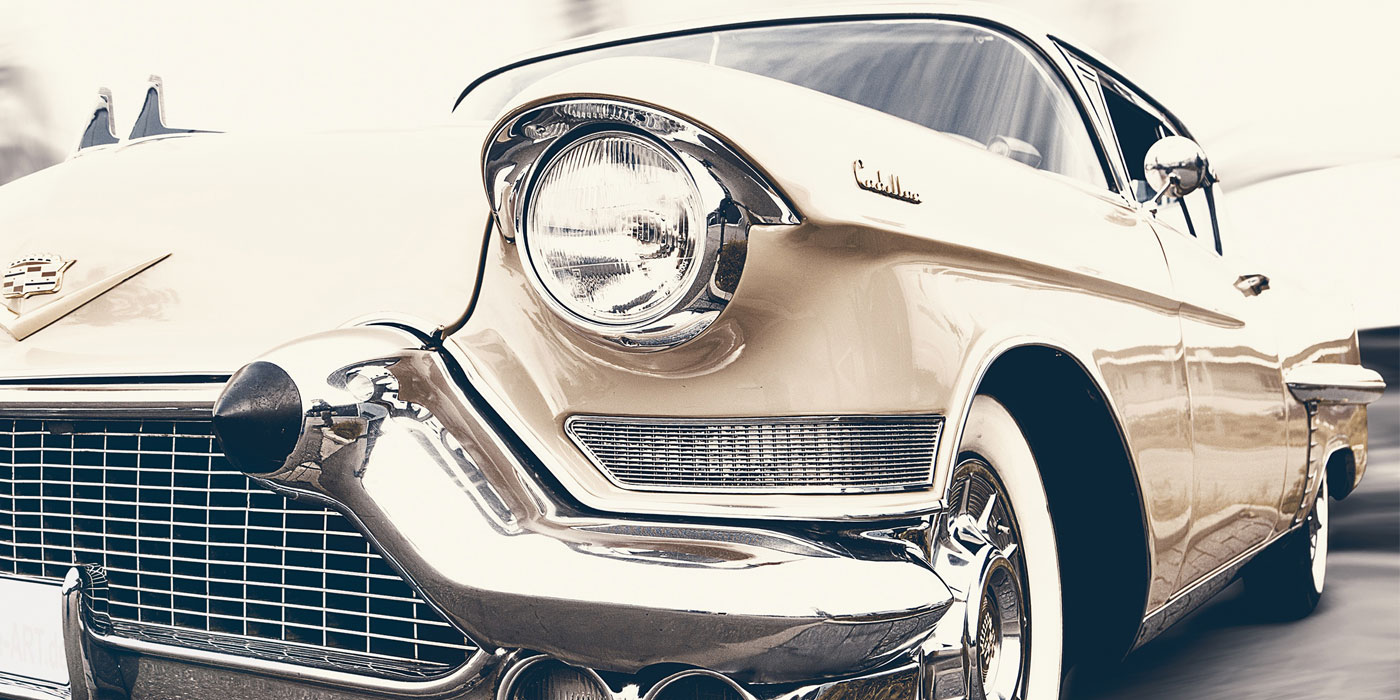While you won’t be buying cars yourself, if you work in car broking you will need to know how to value a car. It is a crucial piece of knowledge. After all, what if you find a vehicle you think will be perfect for a dealer or client but the valuation is wildly off? It might have a bad impact on your reputation if you recommend it. In some cases it could also point to a scam.
Key things to look at
In general there are three things that directly influence the value of a vehicle. This is the age, condition, and how much mileage is on the clock. Vehicles will have the highest value when they are newer, in great condition, and have fewer miles on them. As they age, show more signs of wear and tear, and build up the mileage, they depreciate in value.
Age
 The age of the vehicle is probably the most crucial here. Some models can lose an incredible 60% of their value in as little as three years. Some surprising models are known to lose value quickly, including the Citroen C3 and the Audi S6.
The age of the vehicle is probably the most crucial here. Some models can lose an incredible 60% of their value in as little as three years. Some surprising models are known to lose value quickly, including the Citroen C3 and the Audi S6.
However, it is important to note there are some cars that buck this trend of losing value as they age. There are makes and models that can actually increase in value. This happens because they become sought after and prestigious. It is most common with models that only had short production runs or those where new models are no longer made. You might find yourself dealing with these when you are car broking because demand can be high for rarer models.
Condition
The newer a second hand vehicle looks, the more value it can command. Little signs of wear and tear can add up to a big drop in value. This includes things like scratches and dents, tears in the seats, stained carpets, and other marks.
Mileage
Most people will know that the more miles on a vehicle, the lower the potential value. This is usually the case, but not always. There can be some classic models that still command high values even though they have a lot of mileage.
Other considerations
There are a number of other things that can also have an impact on the value of a car. Some of them are quite surprising, so take note of them if you do any car broking.
Firstly, there are optional extras. Some vehicles can have a much higher second hand value because they have extra equipment and features. At the same time, some can lose out because they don’t have things people want such as alloy wheels.
The location of a vehicle can have an interesting impact on the value. There is generally a divide where cars in the south of England have higher valuations. Look north and similar models can be cheaper.
A final thing that may surprise you is the time of year can actually have an impact on values. Convertibles and sports cars tend to have their highest values in spring as interest ramps up before summer. Similarly, the value of SUVs is usually highest in autumn and winter.
Want to try car broking?
Auto Car Brokers can give people fantastic materials that show them how to become a broker. Our business package is unique, featuring modules that cover all kinds of essential things. It is a great investment opportunity and can get you into this very lucrative industry.
You can find out more about car broking and what we have to offer on our website. We also welcome anyone with an interest to contact us if you need more details.







